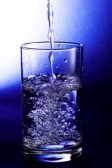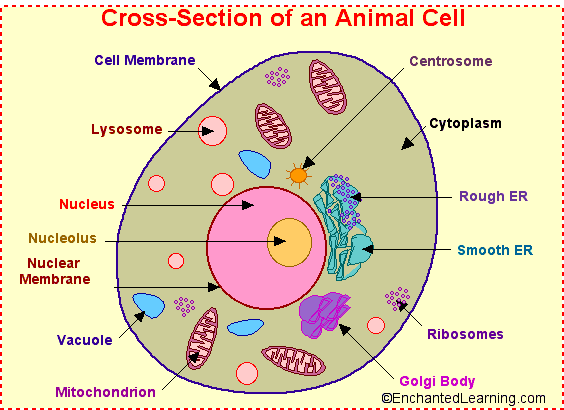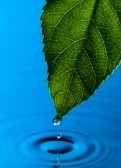Symptoms of Chronic Dehydration:
- Fatigue/energy loss
- Headaches

- Constipation
- Digestive Disorders
- poor digestion
- gas bloating
- pain
- nausea
- indigestion
- loss of appetite
- High/Low Blood Pressure
- Gastritis/Stomach Ulcers
- Respiratory Troubles
- Acid/Alkaline Imbalance
- Excess Weight/Obesity
- Eczema
- Cholesterol
- Cystitis/Urinary Infections
- Rheumatism
- Premature Aging
Additional Signs of Dehydration:
- 1-2% body weight loss: Thirst, fatigue, weakness, vague discomfort, loss of appetite
- 3-4% body weight loss: Impaired physical performance, dry mouth, reduction in urine, flushed skin, impatience, apathy
- 5-6% body weight loss: Difficulty concentrating, irritability, sleepiness, impaired temperature regulation, increased respiratory rate
- 7-10% body weight loss: Dizziness, spastic muscles, loss of balance, delirium, exhaustion and collapse
We can survive for several weeks without food…but only 5-6 days without water!
Our bodies are 70-80% water
Where do we keep it all?
At the individual cellular level, our cells hold water inside in what is called the cytoplasm, or intercellular fluid. In addition, extracellular fluid surrounds our cells, filling in the small spaces between them.
 Physical Compartments of water in the body | |
5% | Blood |
| 15% | Extracellular fluid |
| 50% | Intercellular fluid |
Water is essential for maintaining all functions in our bodies. It is part of chemical reactions at the cellular level, acts as lubrication in our digestive tract, respiratory system, joints, eyes, mouth and protects organs, mode of transportation within the intercellular fluid as well as in the blood, is structural support for molecules, regulates our body temperature through sweat, and maintains our blood volume within our capillaries.
So how much does one need to consume daily to maintain optimal hydration?
| Daily liquid loss in liters | |
| Urine | 1.5 |
| Sweat | 0.5 |
| Lungs | 0.4 |
| Intestines | 0.1 |
| Total | 2.5 |
What kind of water should you drink?
Bottled water: FDA regulates bottled water and EPA regulates tap water. FDA regulation is lax compared to EPA. Many bottled water varieties are simply unfiltered tap water. Production & transportation of bottled water in America uses more than 47 million gallons of oil = 100,000 cars on the road. 84% of bottles are not recycled! 
Spring & Mineral water: Spring water is bottled water from a natural spring. The FDA allows companies to label as spring water even though they may be chemically treated. Mineral water is spring water containing beneficial minerals.
Tap water: The quality of your tap water depends on where you live. At the very least, it will contain additives like chlorine and fluoride and most likely pollutants from runoff as well as parasites. For these reasons, you should filter your tap water. The best filter will remove the pollutants, additives & parasites while leaving the beneficial minerals.
Best option: filtered tap water that you carry in your own glass or stainless steel container.
On average, we should ingest as much water as we are releasing every day. The types of food you typically eat, determine how much water you should get from drinking. If you eat mostly fruits & vegetables, you need to drink less because you are getting water from the foods you eat. However, a good rule of thumb is this: Your body weight ÷ 2 in ounces. So if you weigh 160 lbs, you should drink 80 oz (2.37 liters) of water a day.
~Jen Granlund CNMT~

